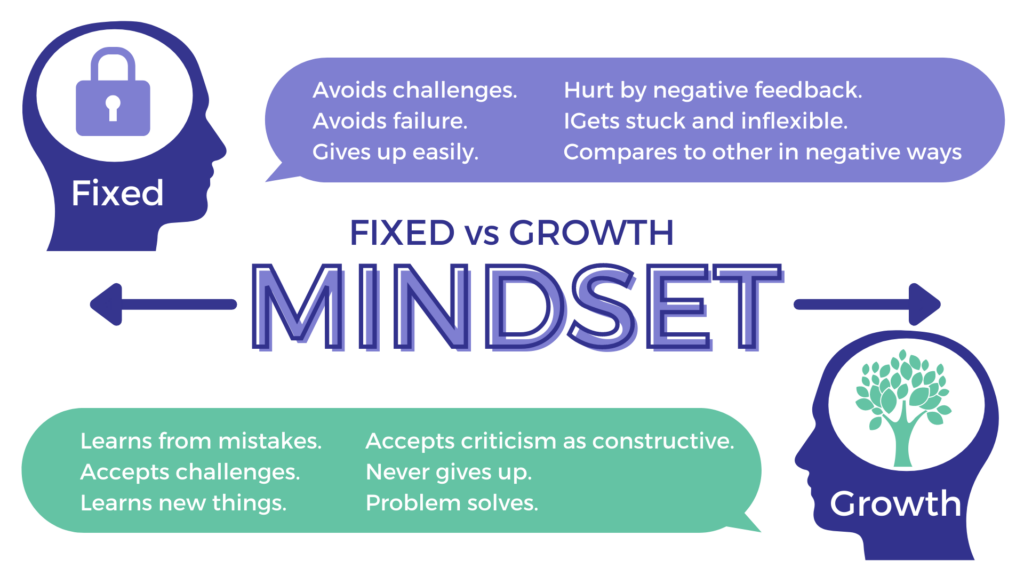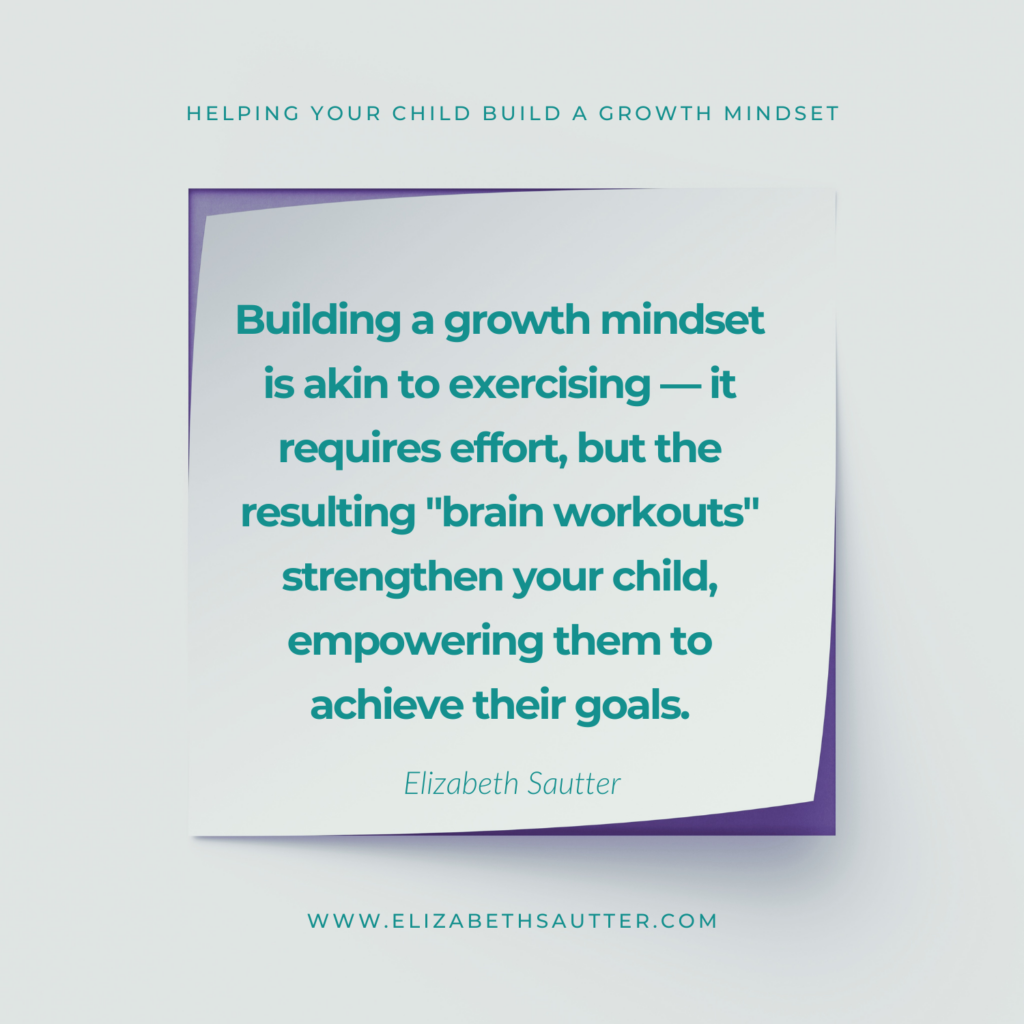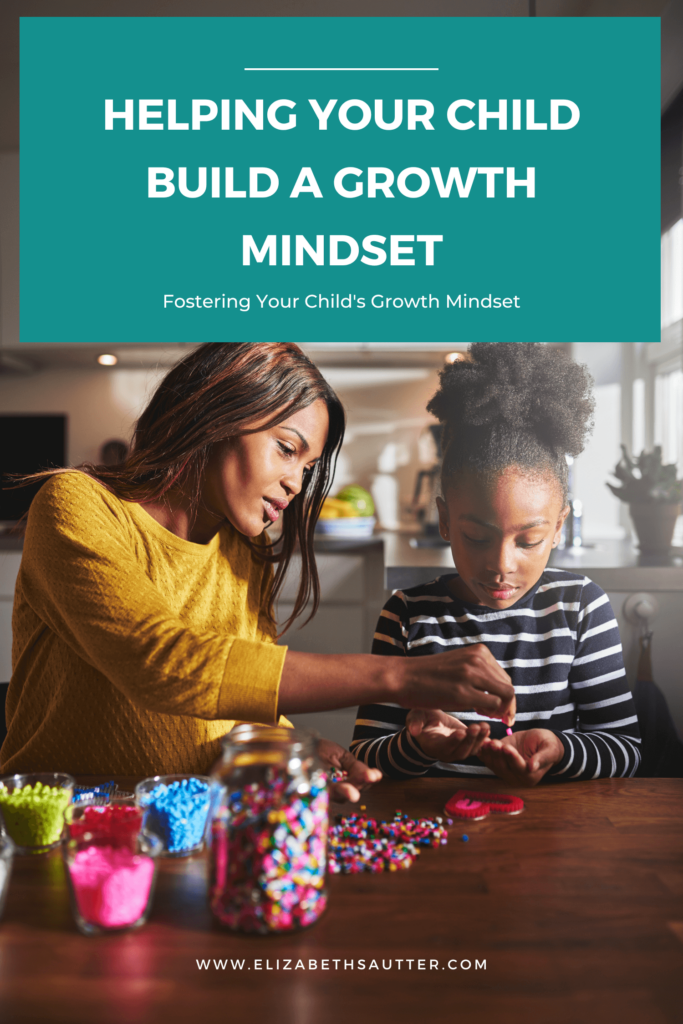Our mindset shapes our worldview, influencing our ability to think positively and achieve our goals. Yet, not all mindsets are equal. How we perceive ourselves and our abilities impacts outcomes and achievements, particularly in our willingness to embrace new challenges and develop skills.
Understanding Mindsets: Fixed vs. Growth
Children often fall into a fixed mindset, perceiving things as unchangeable and doubting their capacity to improve. Negative messaging and black-and-white thinking contribute to this mindset, making it difficult for them to learn from mistakes or accept feedback. Enter the growth mindset—the belief that effort and hard work can lead to growth and learning. A growth mindset sees mistakes as opportunities for development and welcomes the chance to acquire new skills.

While nurturing a growth mindset in children is crucial, many parents struggle with how to achieve it. Building a growth mindset is akin to exercising—it requires effort, but the resulting “brain workouts” strengthen your child, empowering them to achieve their goals.

Modeling a Growth Mindset: Start with Yourself
The journey begins with you. Modeling a growth mindset demonstrates what it looks like to embrace new challenges. Track your thought patterns—are they encouraging and curious when facing new experiences? Share these thoughts with your child. If self-doubt and avoidance of challenges arise, acknowledge and work on combating these limiting thoughts. By caring for your own self-talk, you make it easier for your child to embrace the possibilities a growth mindset offers.
Praising Effort Over Outcome:
Research underscores the importance of refraining from praising outcomes and, instead, focusing on effort and hard work. Praising solely for results can create a fixation on accomplishments, discouraging further attempts at challenges. Redirect the focus towards the process and effort, fostering confidence in decision-making, problem-solving, and risk-taking.
Effective Feedback and Observational Encouragement:
When offering feedback, be specific and emphasize your child’s willingness to take risks and learn. Offer observational encouragement by acknowledging specific achievements, such as progress on a puzzle or a well-organized room. Maintain age-appropriate expectations, comparing your child’s progress to their own development rather than others.
For additional ideas and daily activities to foster a growth mindset—encouraging flexibility, problem-solving, and recognizing strengths—explore my 12-month calendar. Cultivate the essential skills that will empower your child to approach challenges with resilience and enthusiasm.
 Join the Upcoming Workshop –
Join the Upcoming Workshop – 
